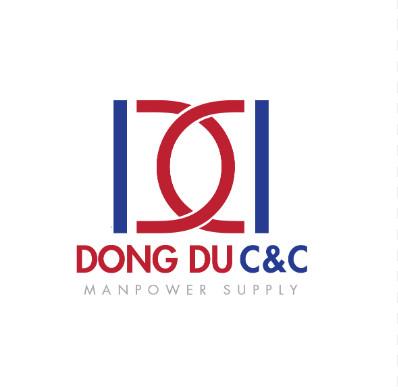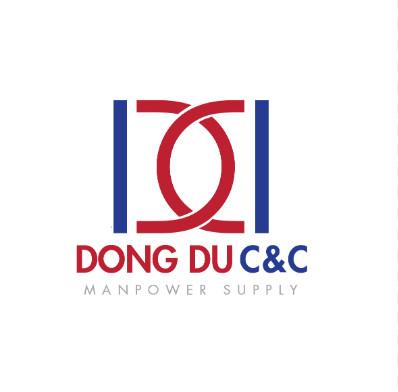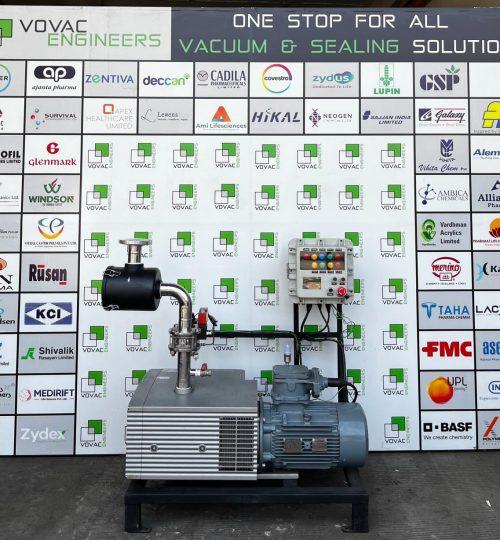Vacuum pumps play a crucial role in a wide range of industrial, laboratory, and manufacturing processes across the United States. From semiconductor fabrication to pharmaceutical production and chemical processing, these pumps are essential for creating controlled vacuum environments. However, the efficiency and reliability of vacuum systems heavily depend on sourcing equipment from reputable vacuum pump suppliers. Understanding the role of vacuum pump suppliers, their offerings, and the criteria for selection is vital for organizations seeking to maintain high operational standards.
What Are Vacuum Pump Suppliers?
Vacuum pump suppliers are companies or organizations that provide vacuum pumps and related accessories to industries, laboratories, and commercial facilities. They serve as intermediaries between manufacturers and end-users, offering technical expertise, equipment selection guidance, and after-sales support. Unlike simple retailers, vacuum pump suppliers often provide comprehensive solutions that include installation advice, maintenance recommendations, and replacement parts.
In the United States, vacuum pump suppliers cater to a diverse range of industries, each with unique operational requirements. The ability to match the appropriate vacuum pump with specific industrial applications is a distinguishing feature of a competent supplier.
Types of Vacuum Pumps Available Through Suppliers
Vacuum pump suppliers typically offer a variety of pump types to meet different operational needs. Some of the common types include:
-
Rotary Vane Pumps: These pumps are widely used in laboratory and industrial applications. They are known for reliable performance in medium vacuum ranges.
-
Diaphragm Pumps: Oil-free and chemical-resistant, these pumps are ideal for applications requiring contamination-free operation.
-
Scroll Pumps: Often used in semiconductor manufacturing and analytical instrumentation, scroll pumps provide oil-free vacuum efficiently.
-
Dry Vacuum Pumps: Preferred in pharmaceutical, food, and medical applications, dry vacuum pumps minimize contamination and reduce maintenance needs.
-
Turbomolecular Pumps: High-vacuum applications, such as research laboratories and aerospace engineering, rely on turbomolecular pumps for precision.
Vacuum pump suppliers typically maintain inventories that cover these categories, allowing them to meet the diverse requirements of their clients.
The Role of Vacuum Pump Suppliers in Maintenance and Service
In addition to supplying vacuum pumps, suppliers often play a critical role in maintenance and service support. Regular maintenance is essential for extending the operational life of vacuum pumps and preventing costly downtime. Suppliers may provide:
-
Technical Guidance: Recommendations for routine inspection, cleaning, and part replacement.
-
Spare Parts Supply: Ensuring that replacement components, such as seals, gaskets, or bearings, are readily available.
-
Repair Services: Coordinating repairs for damaged pumps, including on-site or workshop services.
-
Upgrades and Retrofits: Advising on performance improvements or modifications to existing systems.
By providing these services, vacuum pump suppliers help organizations maintain reliable and efficient vacuum systems without interruptions to critical operations.
Criteria for Selecting Vacuum Pump Suppliers
Selecting the right vacuum pump supplier is crucial for operational reliability. Several factors should be considered:
-
Product Range: A comprehensive range of pump types and accessories ensures that the supplier can meet current and future needs.
-
Technical Expertise: Suppliers with knowledgeable staff can provide guidance on pump selection, installation, and maintenance.
-
After-Sales Support: Reliable suppliers offer repair services, spare parts, and ongoing technical assistance.
-
Industry Experience: Suppliers with experience in specific industries are better equipped to address unique operational requirements.
-
Compliance and Standards: Ensuring the pumps and services comply with U.S. industrial standards, safety regulations, and environmental requirements.
A carefully considered selection process reduces the risk of mismatched equipment and improves system longevity.
Benefits of Working with Established Vacuum Pump Suppliers
Partnering with experienced vacuum pump suppliers offers several advantages:
-
Reduced Downtime: Access to technical support and spare parts minimizes operational interruptions.
-
Optimized Performance: Proper pump selection and guidance improve system efficiency and reliability.
-
Cost Savings: Preventive maintenance advice and timely repairs reduce long-term operational costs.
-
Access to Latest Technology: Suppliers often have knowledge of advancements in vacuum technology, enabling clients to adopt more efficient or specialized pumps.
-
Regulatory Compliance: Established suppliers are familiar with U.S. safety and environmental standards, ensuring compliant operations.
These benefits emphasize the importance of selecting suppliers not just based on price but also on the value of the services and expertise they provide.
Trends in the U.S. Vacuum Pump Supplier Industry
The vacuum pump supplier landscape in the United States is shaped by technological advancements and industry needs. Some key trends include:
-
Shift Toward Oil-Free Pumps: Industries with contamination-sensitive processes increasingly rely on dry and oil-free pumps, which are often supported by suppliers with specialized knowledge.
-
Focus on Energy Efficiency: Suppliers are promoting pumps that consume less energy and reduce operational costs, aligning with sustainability goals.
-
Integration with Automation: Modern vacuum systems increasingly incorporate automation and monitoring, requiring suppliers to provide technical support for these advanced systems.
-
Emphasis on Preventive Service: Suppliers are offering proactive maintenance plans to reduce unplanned downtime and extend equipment life.
These trends highlight the evolving role of vacuum pump suppliers beyond simple equipment provision. They are becoming partners in operational efficiency and reliability.
Challenges Faced by Vacuum Pump Suppliers
While vacuum pump suppliers provide essential services, they also face challenges that impact their operations and client support:
-
Rapid Technological Changes: Keeping up with new vacuum technologies and applications requires ongoing training and investment.
-
Supply Chain Disruptions: Sourcing components or pumps from manufacturers may be affected by global supply chain issues.
-
Industry-Specific Requirements: Different sectors have stringent requirements that suppliers must understand and meet, from cleanroom environments to chemical compatibility.
-
Customer Education: Ensuring clients understand proper pump usage, maintenance, and service needs is critical to reducing failure rates.
Addressing these challenges effectively ensures that suppliers remain reliable partners for organizations across the U.S.
Tips for Organizations Working with Vacuum Pump Suppliers
To maximize the value of vacuum pump suppliers, organizations can adopt several practices:
-
Communicate Needs Clearly: Providing detailed information about the application, flow rates, vacuum levels, and environmental conditions helps suppliers recommend appropriate solutions.
-
Request Maintenance Plans: Engaging suppliers in preventive maintenance programs ensures longevity and efficiency of the pumps.
-
Review Technical Documentation: Understanding pump specifications and operational guidelines improves system reliability.
-
Evaluate Supplier Performance: Periodic assessment of supplier responsiveness, technical support, and product quality helps maintain strong supplier relationships.
-
Plan for Upgrades: Keeping suppliers informed about future requirements allows for proactive recommendations on pump technology improvements.
Following these strategies allows organizations to leverage supplier expertise fully, reducing risk and enhancing operational performance.
Conclusion
Vacuum pump suppliers play a critical role in the United States, supporting industries and laboratories that rely on precise vacuum systems. Their services extend beyond the supply of pumps to include maintenance guidance, spare parts provision, technical support, and compliance assistance. Selecting the right supplier requires careful consideration of product range, technical expertise, after-sales support, and industry experience.
As technology evolves, the role of vacuum pump suppliers continues to expand, emphasizing energy efficiency, automation, and preventive maintenance. Organizations that partner with reliable suppliers gain access to expertise that improves operational efficiency, reduces downtime, and ensures compliance with industry standards. Understanding the role and capabilities of vacuum pump suppliers is essential for maintaining effective vacuum systems across diverse applications.



